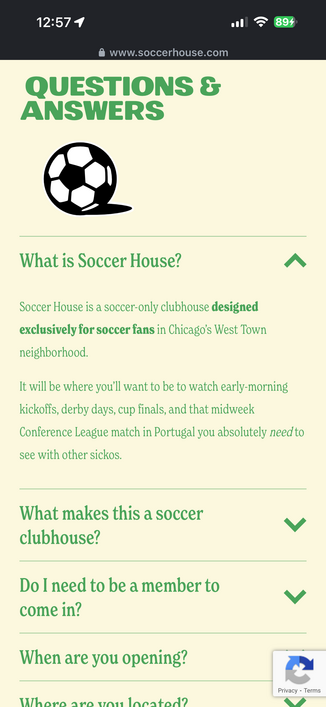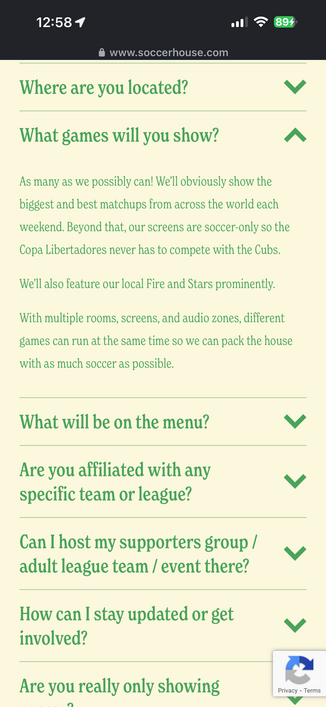While I'm not much for the law, I recognize that not everyone I talk to thinks the same way. But even if you are like me, the enormity of the list of Trump's crimes is just staggering. There really couldn't be any more clear of an illustration of the fact that there are two legal systems: one for the elite, and one for everyone else.
We all know #Trump just does crimes all the time, but it can be hard to track the enormity of it. The YouTube lawyer LegalEagle put together a list and it's pretty incredible. It's a little over 40 minutes of him rapidly listing times that Trump has violated the law during his second term (completely ignoring his first term).
#MassBlackout is a #Boycott of the American corporations that support the dictatorship. By showing
that people have the power to shut down the economy if elites don't listen, we can hit them where it actually hurts.
From now until December 2nd, do as many of these things as you can:
- Stop online or in-store shopping (except for small businesses)
- Stop work
- Stop streaming, cancel subscriptions, no digital purchases
This is one of the few times that boosting stuff on social media and doing nothing else actually *can* make a difference. Boost posts tagged with #WeAintBuyingIt, #MassBlackout, and #BlackOutTheSystem. Make sure everyone you know knows about it. Hold each other accountable to keep from spending. You may already not be spending because.... well,.. Trump has already made everything too expensive. The thing is that elites can't actually tell the difference. Spreading word, making the protest seem as big and impactful as possible is all that's really needed to fracture elites and turn them against each other. Boost, write your own post, make these tags trend on every platform you can, then do nothing.
Don't buy things, (if you can) don't work. Just stop. Refuse to participate in capitalism. This is the ultimate "fuck you, make me" because they absolutely can't make you. This is the ultimate reminder of where power actually comes from.
I've been trying to remind everyone, every day. Please do the same. Keep this opportunity at the top of everyone's mind. Keep it in your mind.
Trump is more vulnerable now than he's ever been, and there is no time in the next year that we have more power than right now. This is one of the most important parts of the year for the US economy. What you do, or don't do, right now has more of an impact than any other time.
#USPol #BlackFriday #CyberMonday













